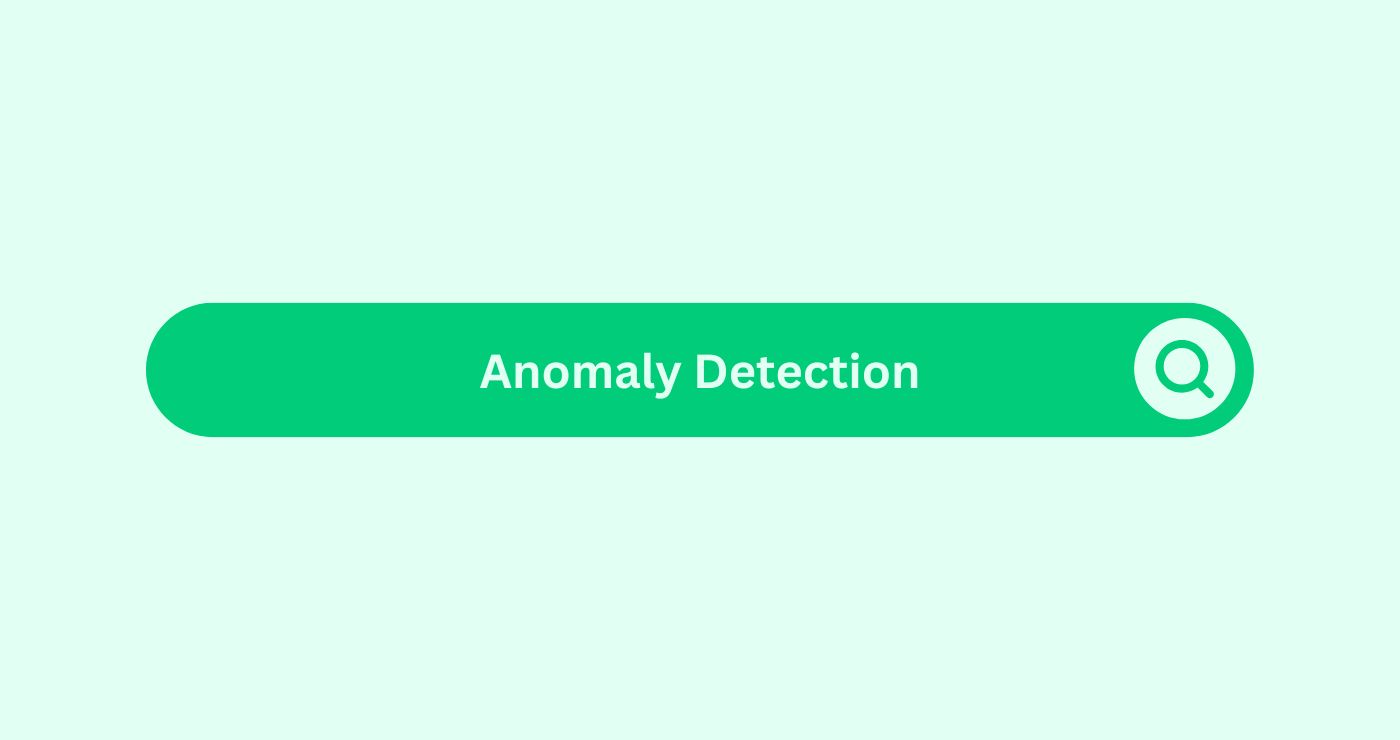Definition
Anomaly Detection in AI Terms in Content MarketingDefinition Content marketing strategically creates and share... refers to the automatic identification of data points, trends, or behaviours that deviate from established patterns within digital marketing performance. Using machine learning models, anomaly detection flags unexpected changes—like trafficDefinition In the context of SEO (Search Engine Optimisation... spikes, ranking drops, or unusually low engagement—helping marketers act swiftly before it impacts results.
For a performance marketing agency, anomaly detection enables real-time alerts when ad spend rises without conversions. A SEO company might use it to monitor sudden ranking shifts or crawl errors on high-value pages. A digital marketing Auckland expert can deploy it to track content performance trends and identify outliers in bounce rateDefinition Bounce Rate in social media marketing refers to t..., click-throughs, or goal completions.
By integrating anomaly detection, marketing teams gain a proactive advantage—spotting irregularities early and resolving them before they escalate.
Example
Consider an SEO company managing an international fashion brand’s blog. One day, organic trafficDefinition In the context of SEO (Search Engine Optimisation... from Australia drops by 70% on three top-performing blog pages. Normally, such a decline would take days to notice manually.
With anomaly detection enabled, the system instantly alerts the SEO team. They investigate and discover that a recent serverDefinition A Server in the SEO space refers to a computer sy... update accidentally de-indexed the affected pages. By spotting the issue in real time, they fix the tags, resubmit the sitemapDefinition A site map is a file that lists all the pages of ..., and recover the trafficDefinition In the context of SEO (Search Engine Optimisation... within hours—instead of losing revenue over several days.
This kind of insight would be nearly impossible without automated pattern monitoring.
Formulas & MetricsWhat are Metrics in the context of SEO? Metrics in SEO refer...
Anomaly detection uses statistical thresholds and machine learning to spot irregularities. Here are key formulas:
| Metric | Formula | Example |
|---|---|---|
| Z-Score | (Current value – Mean) / Standard deviation | (400 – 250) / 30 = 5.0 (Significant) |
| Deviation Rate (%) | (Anomalous value – Average) / Average × 100 | (90 – 60) / 60 × 100 = 50% |
| Alert Precision (%) | (True positives / Total alerts) × 100 | (45 / 50) × 100 = 90% |
| False Positive Rate (%) | (False alerts / Total alerts) × 100 | (5 / 50) × 100 = 10% |
| Recovery Time (hours) | Time anomaly fixed – Time anomaly detected | 11:30am – 10:00am = 1.5 hours |
These help digital marketing Auckland teams ensure anomalies are addressed quickly, without disrupting broader strategies.
5 Key Takeaways
- Anomaly Detection allows marketers to identify unusual content or trafficDefinition In the context of SEO (Search Engine Optimisation... patterns instantly.
- It prevents missed opportunities by tracking sudden changes in SEO, trafficDefinition In the context of SEO (Search Engine Optimisation..., or engagementDefinition Engagement in content marketing refers to the deg....
- Performance marketing agencies use it to guard against wasted budgetDefinition SEO budget is the money allocated for marketing a... or ineffective placements.
- SEO companies leverage it to maintain search visibility and flag algorithmic issues.
- It ensures better decision-making through real-time, data-backed alerts—not after-the-fact reviews.
FAQs
How does Anomaly Detection help SEO campaigns?
It flags drops in rankings, crawl errors, or indexingDefinition Indexing in content marketing involves search eng... issues early—protecting search performance.
What types of anomalies can marketing tools detect?
They can identify trafficDefinition In the context of SEO (Search Engine Optimisation... dips, click anomalies, bounce spikes, and abnormal ad spend shifts.
Do small agencies need anomaly detection tools?
Absolutely. It saves time and resources by removing the need for manual monitoring.
Can anomaly detection work with Google Analytics or GSC?
Yes. Many platforms integrate seamlessly and use their data for training anomaly models.
Will these alerts overwhelm my team with noise?
No. Well-trained models reduce false positives and focus only on meaningful outliers.




